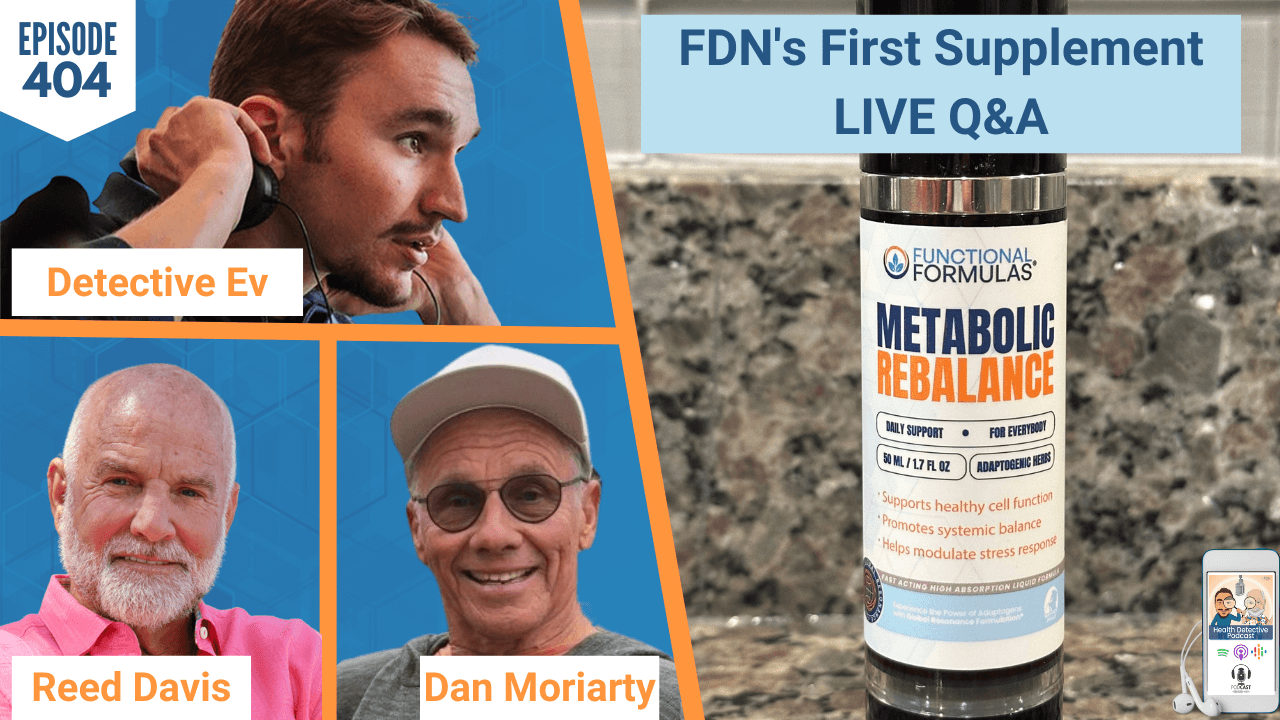As a functional health coach, one of the things that often factors into the health issues that clients face are nutrient deficiencies. As the consumption of packaged and processed foods has increased, and unprocessed, whole foods decreased, nutrient deficiencies have become more widespread due to the lack of proper nutrients that are typically found in these foods. To further complicate matters, many of these same people have digestive systems that are not functioning optimally, which can lead to even reduced nutrient absorption levels, causing deficiencies to occur more quickly and to become more severe.
One vitamin that is in the top five nutrient deficiencies in the United States is vitamin B12, also known as cobalamin. Vitamin B12 deficiency can occur either because there is not sufficient intake in the diet, or because of the inability of the body to absorb adequate amounts through the food eaten.
B12 is a vital energy vitamin. The primary function of B12 in the body is to help to keep the nervous system healthy, to support the functioning of the adrenal glands, as well as aiding in the production of red blood cells, nerve cells and DNA. B12 is also vital for the production of neurotransmitters in the brain, which directly affect your mood.
The Tufts University Framingham Offspring Study concludes that up to 40% of people between the ages of 26 and 83 have B12 levels that are in the low normal range. Even though it is considered a normal level, people in this range can still experience neurological symptoms. 9% of people in the study had an actual B12 deficiency and 16% experienced levels that were near deficiency. This means that nearly 2/3 of the population have serum B12 levels that are too low and less than healthy. Many of these individuals may even be experiencing symptoms without realizing the root cause.
Some common symptoms of B12 deficiency include:
- Insomnia
- Mental fogginess
- Memory loss
- Mood swings
- Depression
- Fatigue
- No Energy
- Bowel or urinary incontinence
- Itchy skin
- Muscle weakness
- Lack of motivation
- Paresthesia (tingling in extremities)
- Low libido
- Pernicious anemia
- Heart palpitations
- Dizziness
- Shortness of breath
B12 in its natural form is found in animal products. The foods that have the richest concentrations of B12 are sardines, salmon, tuna, lamb, scallops, shrimp, beef, yogurt, cow’s milk and eggs. Most plants produce little to no B12 and make for poor choices to get adequate amounts of this vital nutrient. As a result of this, vegan and vegetarian eaters must be more cautious about getting enough vitamin B12 because they run a greater risk of experiencing deficiency than meat eaters.
Others who may run the risk of experiencing a B12 deficiency:
Those who suffer from Celiac disease, may be deficient in B12 along with numerous other nutrients. Damage to the small intestine caused by Celiac disease can impair the absorption of B12.
Those who have been diagnosed with Crohn’s disease or ulcerative colitis may experience similar problems with nutrient absorption and may require additional B12 as well as other nutrients to keep levels optimal and prevent symptoms of deficiency.
Diabetics who take the drug Metformin to control their diabetes may experience a reduction in the ability to absorb B12 as a result of lowered calcium absorption. Calcium is required in order for the body to utilize B12.
Weight loss surgery patients often experience lowered B12 levels as the surgery they have gone through can disrupt the functioning of the body and prevent it from effectively processing the B12 that it needs.
People who use antacids or anti-ulcer drugs and those with low levels of hydrochloric acid in their stomach. Hydrochloric acid is required to break down food so that the nutrients in it can be extracted by the body. Low stomach acid levels can compromise the ability of the body to absorb the nutrients that it needs, including vitamin B12 and can also prevent proper breakdown of supplements. Reduced production of stomach acid is common in people above the age of 50.
People with cobalamin malabsorption syndrome. When someone has this syndrome, their stomach no longer has the ability to create intrinsic factor, a protein which attaches to vitamin B12 and allows it to be absorbed into the bloodstream.
It is important to be aware of these symptoms so that you can talk with the appropriate medical professional about the right course of action to take if B12 deficiency is a problem for you. Typically, they will recommend B12 shots, high dose oral supplementation or sprays to correct the deficiency.
Your functional health coach can work with you to help improve your digestion, and get you eating a diet that can help you to get more of the nutrients that you body requires.







